The heart and soul of the city of Manchester lies along a little old street called Canal Street. You might know it as the Gay Village – and if you don’t know it as that yet, you’ll quickly find out why. Look up, and you’ll see pride flag bunting and fairy lights. Look around, and you’ll see cherry blossom trees in full bloom, lining the sidewalks of the Rochdale Canal. You can hear pop music and animated chatter amongst friends around the clock, and all of this makes you feel welcome and right at home as soon as you step onto the pavement.
So, where are the lesbians, you might ask? You might find some in the one – the one – lesbian bar in Manchester. Yes, it’s not just your small town – even the Gay Village is lacking in nightlife venues for queer women.
But if you listen closely, you may hear the sound of feet hitting the pavement, of keys and carabiners clinking on waistbands. You might see a white flag floating in the wind, featuring the logo – a pair of scissors wearing trainers – with a group of people trailing behind.
This is the Lesbian Run Club (LRC), one of the many social groups outside of alcohol and clubbing environments that help queer women and non-binary folk connect with one another in Manchester.
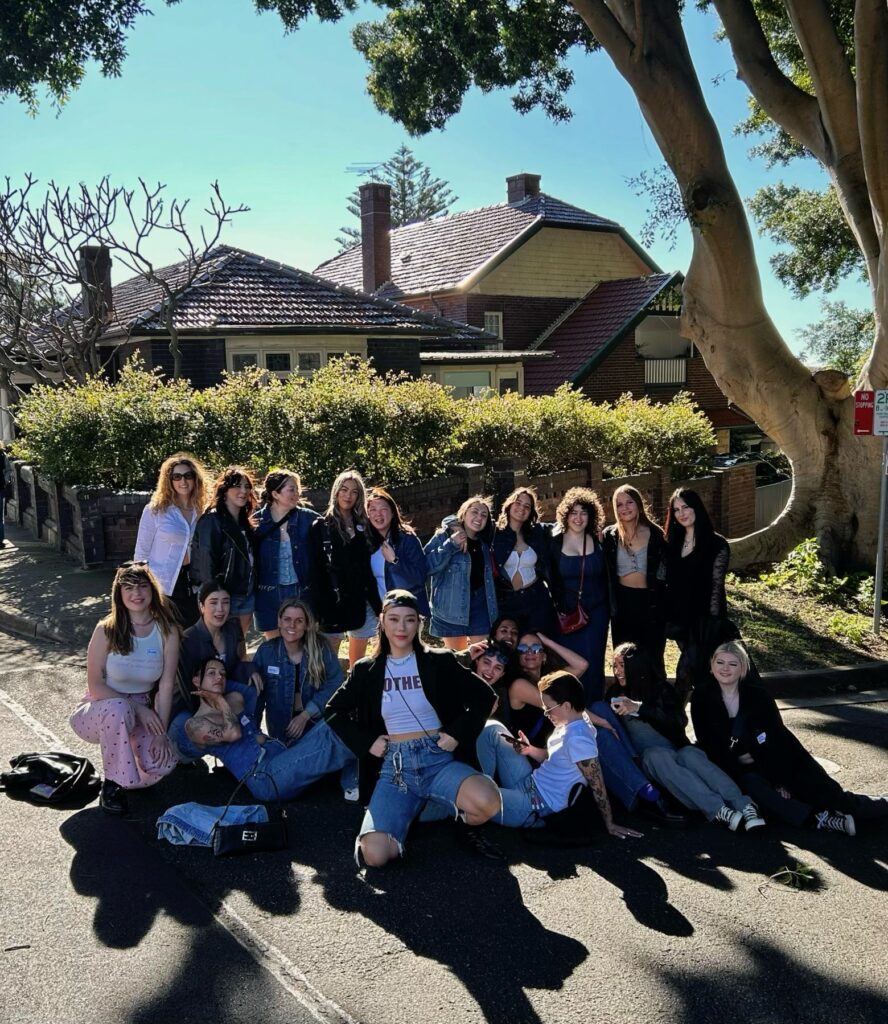
Loneliness is an epidemic in the UK, especially for the LGBTQIA+ community. Connection with like-minded individuals is something that can not only improve the wellbeing of queer folk, but can even save lives.
This week is Lesbian Visibility Week, and if you’re a queer woman looking to find other people to connect with, it might be worth stepping out of the Gay Village and checking out some of these amazing, inclusive networks.
An accidental find
Ava joined the LRC by accident. Scrolling on a local Facebook page connecting women in Manchester, she found a post from a woman introducing herself, asking if anyone wanted to join her for a run.
“I went along, and so did a couple of other girls and it turned out to be the start of LRC Manchester,” Ava says. “I wasn’t expecting to find such a nice community that day but I’m so glad I did!”
This is the first queer social group Ava has joined – previously, she had felt uneasy about joining others.

“I’ve had experiences in the past of being excluded from communities for not being ‘gay enough’ or ‘queer enough’ and it had made me apprehensive, but being part of LRC is helping me realise that really lovely, supportive communities are out there and the girls I run with have absolutely no expectations of how you should dress or act to be able to be a part of it.”
A shortage of lesbian bars
Queer connection is vital to the LGBTQIA+ community, who for so long have existed in a world that has never accepted queer folk for who they are. The Gay Village in Manchester has been a safe haven for the community in Manchester for decades. The New Union Hotel, established around 1860, was one of the first venues that welcomed queer communities through its doors, years before homosexual acts between men in private was decriminalised in 1967.
Surrounding venues along Canal Street followed suit over the next few decades. Now, every single venue in the Gay Village is a place where everyone is welcome to have a good time, all the while being exactly who they are, whoever they may be.
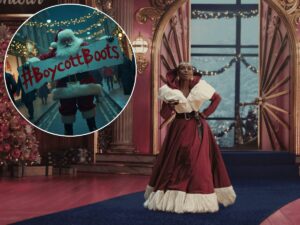
But the Gay Village is not immune to what can only be described as a global shortage of lesbian bars. In the UK, only a handful of lesbian bars have remained open, following a widespread closure of LGBTQIA+ nightlife venues since the early 2000s. Vanilla, affectionately known as “the lesbian mecca of the north”, is the only venue in Manchester’s Gay Village village that is specifically marketed for queer women.
In the United States, the Lesbian Bar Project is a documentary series highlighting how important LGBTQIA+ venues are for queer women – and, equally as important, how much businesses centring the inclusion of queer women and other marginalised groups are struggling.
According to the Lesbian Bar Project, there were 200 lesbian bars in the US in 1980. Today, there are just 34.
Connecting with queer women outside the village
Despite the deficit of bars and clubs for gay women, you can always trust a lesbian to come up with a solution.
Sky is the founder of Lesbian Run Club in Manchester. She first started the club in Sydney, Australia, where she lived for six years after moving from her home country, South Korea.
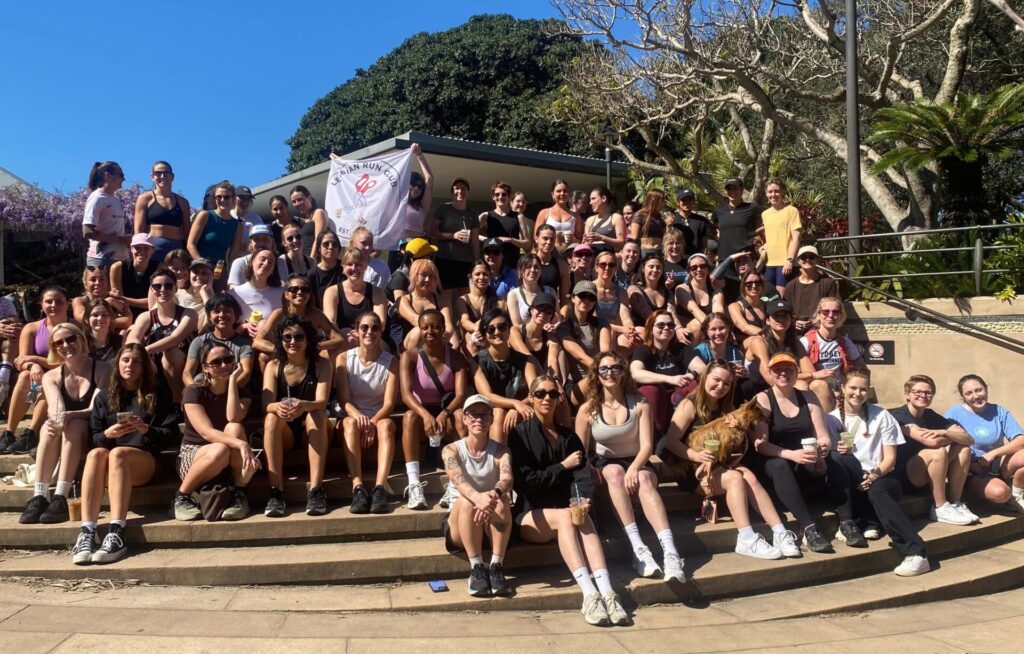
“Being myself – a queer woman – was not easy in Korea,” she says.
“I moved to Sydney in 2019 hoping it would be a bit easier to be myself. I always craved an engaging and supportive space where I would feel seen and understood.”
That’s why Sky started LRC in Sydney. Now, the club is 7,000+ followers strong on Instagram, attracting sometimes more than 100 queer women to running events. LRC Sydney also hosts an array of events outside of running, including yoga, pottery, hike, pub crawls and more.
Sky is hoping to create the same space for queer women in Manchester.
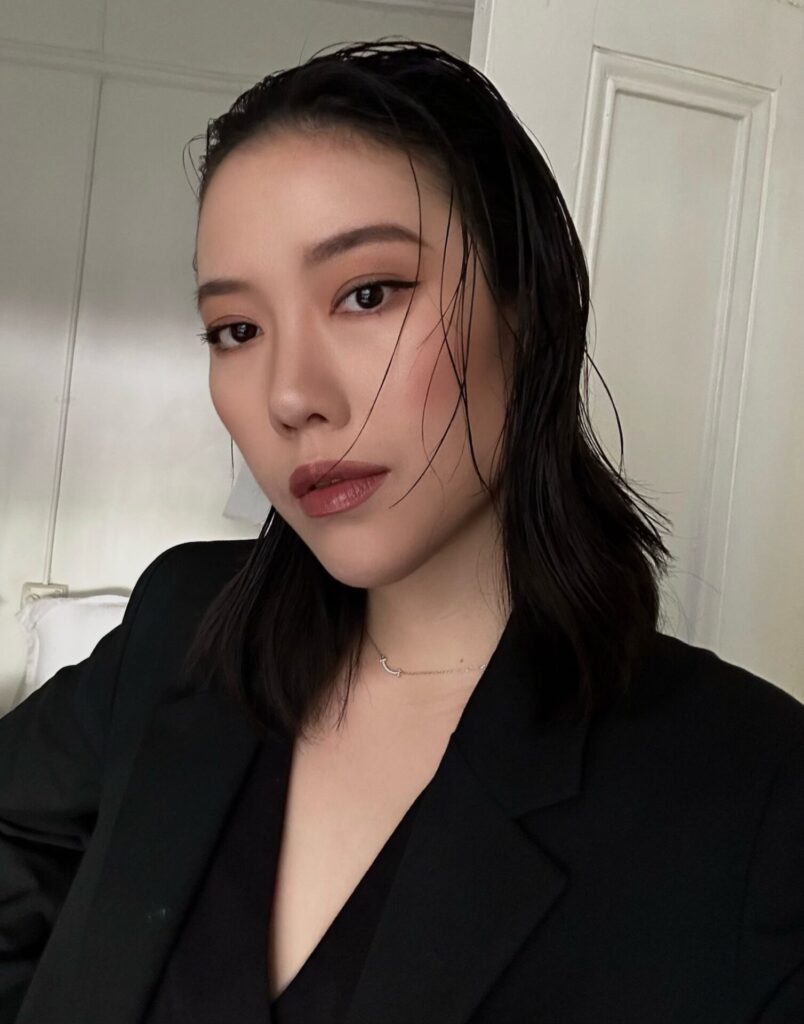
“It’s a reward seeing people who come to our events forge beautiful friendships outside of LRC and appreciating us for how LRC was such a positive impact in their lives,” Sky says.
“Whether you’re seeking friendship, romance or simply a sense of belonging, we strive to make each of you feel welcomed and valued. Come as you are, and be part of a supportive community where you can connect, thrive and celebrate your authentic self!”
People who identify as LGBTQIA+ are found to be more vulnerable to the effects of loneliness, research shows. According to UK government statistics in 2022, those who identify as gay or lesbian are 1.4 times more likely to be lonely, and people who identify as bisexual are 2.5 times more likely to be lonely.
Katrina Muruganinrajah is bisexual and has been open about her queerness for more than a decade. For Katt, connection with other LGBTQIA+ people is really important.
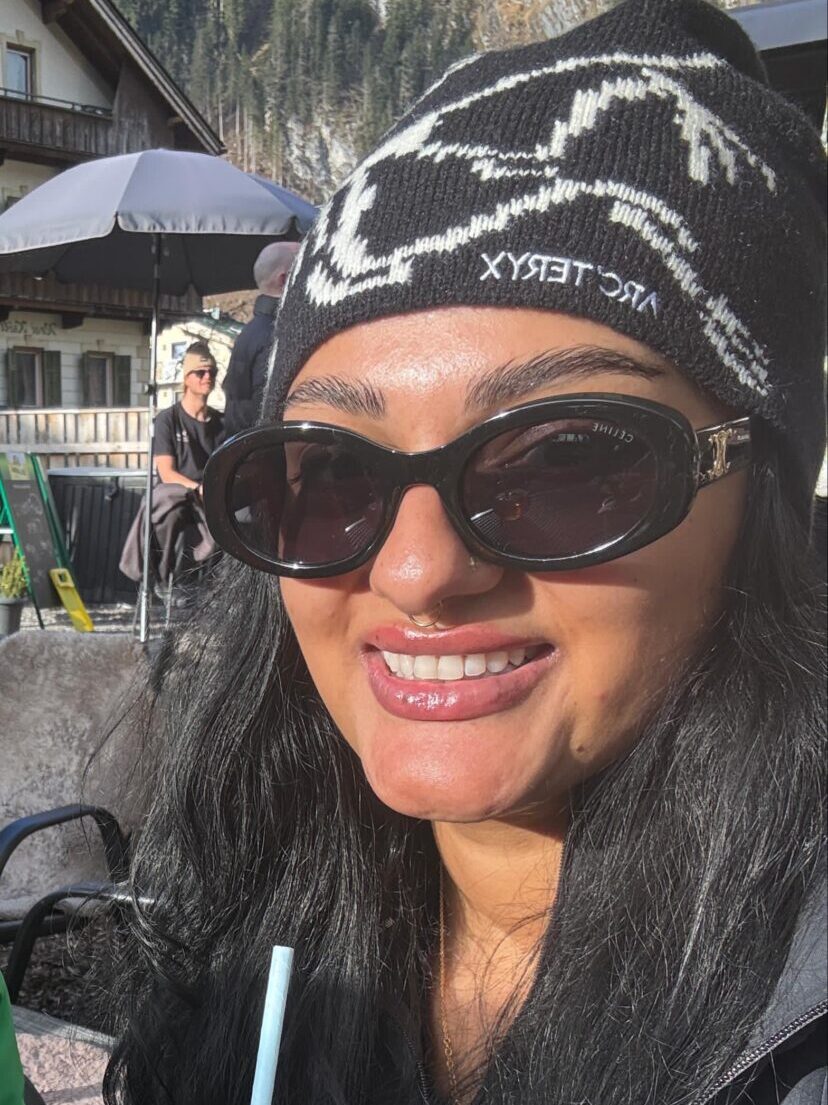
“I have been openly queer for over 10 years now but struggled initially as I did not have many LGBTQIA+ friends to relate to,” Katt says.
“I have built up more relationships with LGBTQIA+ people since living in Manchester, especially over the past five or so years.”
Katt, a neurodivergent and South Asian woman, has found comfort in connecting with other women from LRC, as well as people she has met through various other queer South Asian communities in the city.
“These groups are really important to me as it can be really tricky being openly queer in the south Asian community,” she says.
“Thankfully, I have an amazing support network around me – shout out to my wonderful partner and friends for allowing me to express myself authentically.”
There are a number of social groups in Manchester that foster connections between queer women, non-binary, BIPOC and neurodiverse folk. Check them out below:
1 Lesbian Run Club MCR (Manchester City Centre)
Lesbian Run Club MCR is a social running group for sapphics of all genders and QTPOC. It offers a safe, inclusive space to connect with others through regular meet-ups and community events.
2 Les Run Club MCR (Didsbury)
Les Run Club MCR (Didsbury) is a running group for lesbians, queer women, sapphics, trans and non-binary people, as well as allies. Based in South Manchester, the club offers a friendly and inclusive way to meet others while staying active
3 The Neurodivergent Gals Club MCR
The Neurodivergent Gals Club MCR is a community for neurodivergent women and LGBTQ+ people in Manchester. The group creates a supportive space for sharing experiences, socialising and connecting through regular meet-ups. It’s open to all neurodiverse people, including those self-diagnosed or awaiting assessment.
4 Queerly Melanated MCR
Queerly Melanated MCR hosts wholesome events for queer South Asian women and all women of colour in Manchester. From walks to supper clubs and community circles, the group offers regular, inclusive gatherings focused on connection and wellbeing.
5 Les Climb Club MCR
Les Climb Club MCR is a bouldering group for lesbian, bisexual, intersex, non-binary and trans people in Manchester. It offers a relaxed and inclusive space to climb, meet others and build community.
6 Fruit Salad Writing Group
Fruit Salad Writing Group is a queer community writing group based in Manchester. It offers relaxed sessions for anyone looking to write, share ideas and connect in a creative, inclusive space.
7 Queer Lit Book Club
Queer Lit Book Club is a monthly gathering hosted by Queer Lit, Manchester’s LGBTQ+ bookshop. Each session focuses on a different queer-authored book, offering a relaxed space to discuss literature and connect with others. Meetings are held at Social Refuge in Ancoats and are open to all.
8 Trans Creative UK
Trans Creative UK is a Manchester-based arts organisation led by trans people, aiming to amplify trans voices through theatre, storytelling and creative events. Founded in 2017, it provides platforms for trans artists and communities to share their own narratives and challenge mainstream representation.











